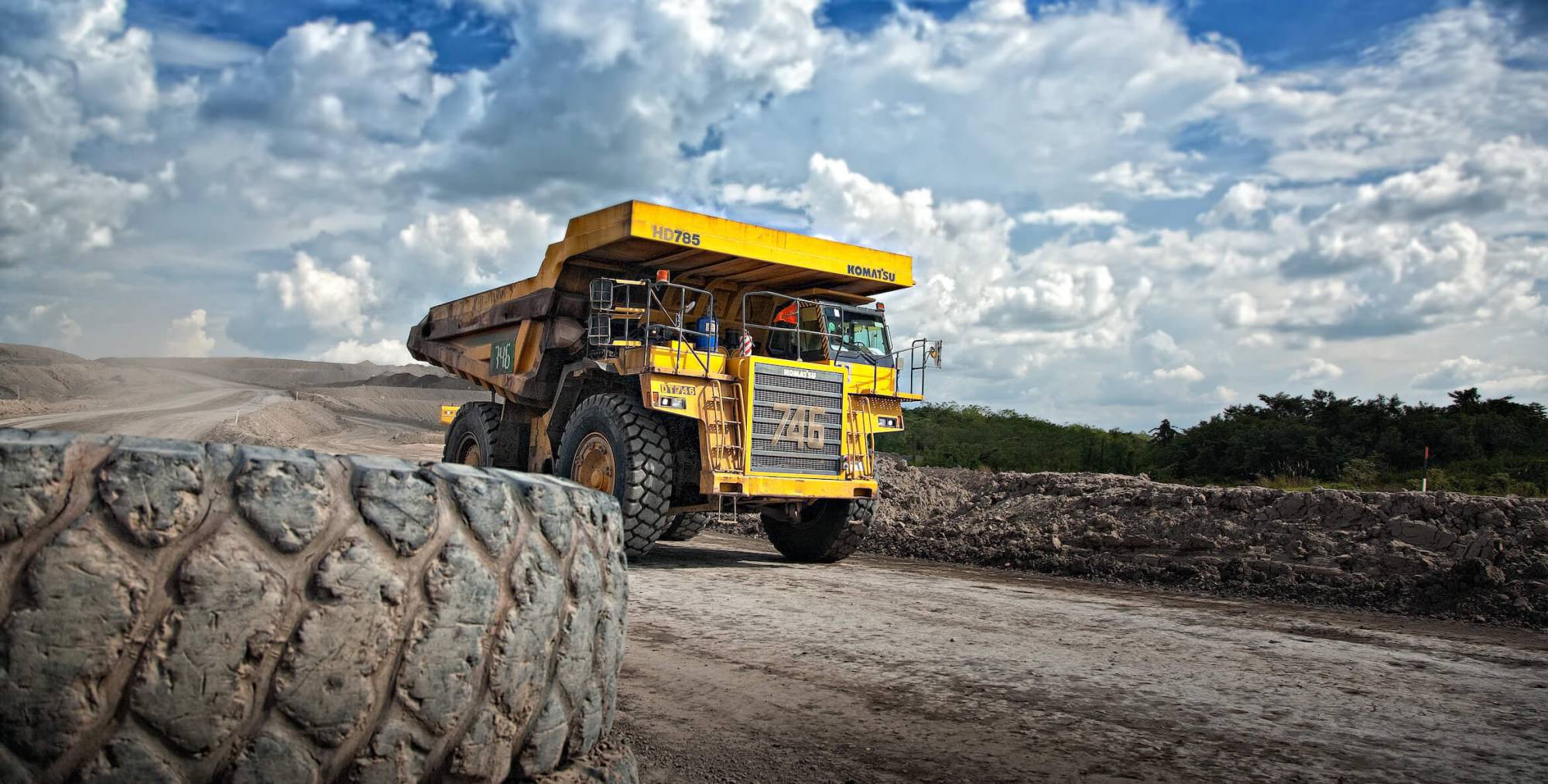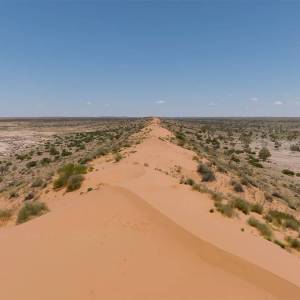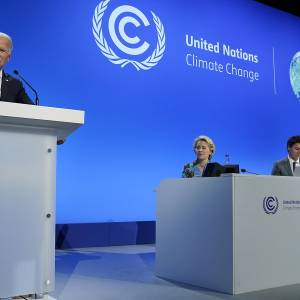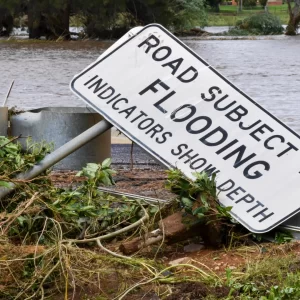
Over the past few months, there have been two high profile cases of coal mines being refused or recommended to not be approved in Queensland: the Waratah Coal mine in the Galilee Basin and the Central Queensland Coal Project northwest of Rockhampton. Is this marking a human rights based shift away from coal, or just an ad hoc approach to approvals depending on public sentiment?
Waratah Coal
Waratah Coal Pty Ltd v Youth Verdict Ltd & Ors (No 6) [2022]
In November of 2022, a precedent setting finding was handed down by the Land Court of Queensland, with the courts recommending that the applications of Waratah Coal, a mining company owned by Clive Palmer that was attempting to open a new mine in the Galilee Basin, should be refused during a Mining Objection Hearing. The reasons for this decision included that the new Human Rights Act 2019 added a new dimension to the public interest test (which is used by judges to determine whether they would recommend a mine should be approved), with the new law stating that the nature of the limitations a decision would impose on human rights must not exceed the importance of the reason for such limitations. It was held that the opening of the new mine would impact the rights to life, the cultural rights of First Nations peoples, the rights of children, the right to property and to privacy and home, and the right to enjoy human rights equally, and that it was within the rights of the court to consider the impacts that the combustion of the coal would have, even if the coal was combusted outside of Queensland. Emphasis was placed on the ecology of the Galilee Basin, and that the effects the mine would have on the local area were not sufficiently known.
While Waratah coal was initially going to appeal this decision, they have since withdrawn their appeal as of February of 2023. Youth Verdict, one of the legal organisations that brought the objection to the land court, stated in a tweet: “This decision stands now that Clive has withdrawn his appeal- huge congratulations to the First Nations witnesses on this case that stood up for their culture and Country…”
Central Queensland Coal Project
On 8 February 2023 the Central Queensland Coal Project was refused by the Minister for the Environment and Water, Tanya Plibersek. The Central Queensland coal project is another Palmer mining venture which would have seen a new open cut mining facility built 130km northwest of Rockhampton. The application was refused due to concerns it would impact the great barrier reef, its ecology and the economic benefits the reef brings to Queenslanders. Usually approvals for coal mines are regarded as a matter for individual states, however, in this case the federal minister used the Environment protection and Biodiversity Conservation Act 1999, referring to the sections about World Heritage, National Heritage values, the Great Barrier Reef Marine Park and Coal seam gas or large coal mining development with impact on water resources (sections 12 and 15A, 15B and 15C, 24B and 24C; and 24D and 24E respectively) to justify the refusal. When speaking to journalists the minister stated: “I decided based on the evidence before me that there was an unacceptable risk to the Great Barrier Reef, to freshwater creeks and groundwater leading into the reef…”
Is this a trend?
With the two decisions being handed down in such a short timespan to one another, it is possible we are starting to see a shift in how decision makers are evaluating the benefits of coal mines, and perhaps a widening in what decision makers are considering with regards to these application. Referring to the Central Queensland Coal Project refusal, Climate Council CEO Amanda McKenzie stated: “This decision sets a precedent, the government can and should block new coal and gas projects as they are polluting and destructive. Instead there are plenty of clean, affordable alternatives in solar, wind and batteries…” However, if this new trend has the staying power needed to prevent climate catastrophe remains to be seen.






